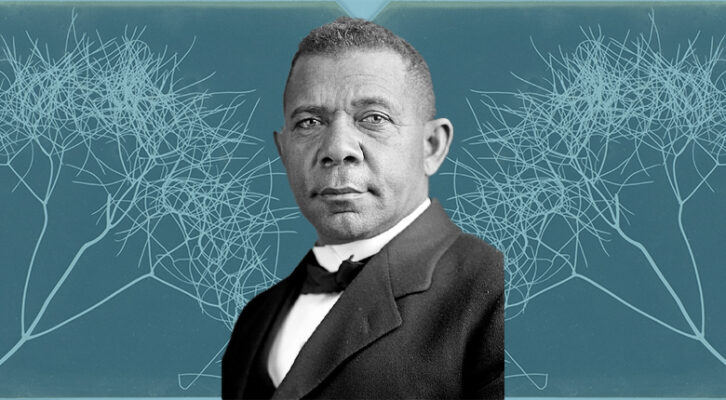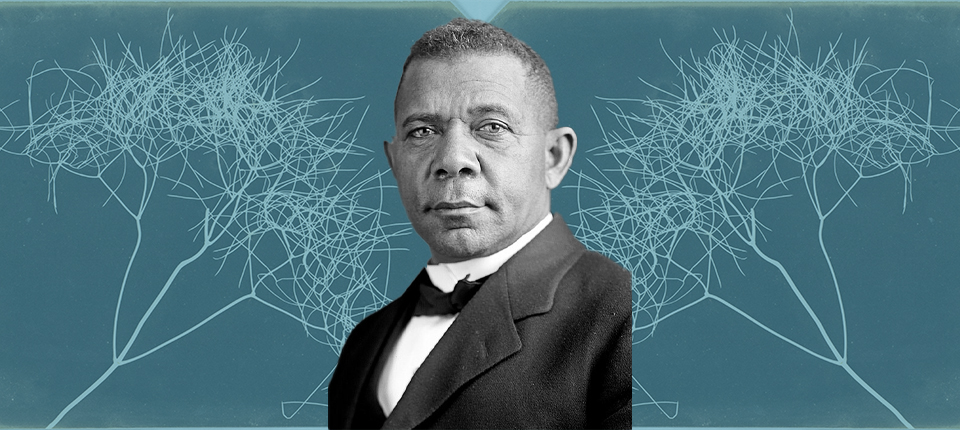THE BEST OF THE LITERARY INTERNET

TODAY: In 1915, Booker T. Washington dies.
- “And it’s important not to impose an egocentric predetermined form—instead allow the message to determine the best form of transportation.” Jen Percy on the subversive possibilities of form and function. | Lit Hub Craft
- What’s on Quiara Alegría Hudes’s TBR? Jamaica Kincaid, Toni Morrison, Elena Ferrante, and more. | Lit Hub Criticism
- Andrew Miller’s The Land in Winter, David McWilliams’ The History of Money, and Olivia Laing’s The Silver Book all feature among the best reviewed books of the week. | Book Marks
- Helen Lederer considers what it takes to be funny: “Seeing the world we live in reflected back at us from an absurd prism of ruthless observation can offer instant recognition and a feeling of our own relevance and even joy.” | Lit Hub Craft
- John Edward Huth explores the cognitive maps of the human imagination. | Lit Hub Science
- Why the fate of the Amur Tiger is directly tied to the whims of humans. | Lit Hub History
- Read “The Beer Drinker,” a poem by Jean Follain from the collection Earthly: Selected Poems, translated by Andrew Seguin. | Lit Hub Poetry
- “Our age difference, the Law Professor told me, was Socratic: seventeen years. An ideal gap for ideological instruction.” Read from Anika Jade Levy’s new novel, Flat Earth. | Lit Hub Fiction
- “Perhaps the only thing the Proud Boys and antifa have in common is their attachment to Fight Club and by extension to the Cacophony Society and SantaCon.” Chuck Palahniuk explains what went wrong with SantaCon. | Vulture
- In reading recent memoirs by Supreme Court Justices, Ruth Marcus learns how the idea of judicial restraint leads to radical outcomes. | The New Yorker
- Grayson Haver Currin profiles John Darnielle, who may or may not be special. | GQ
- Nitish Pahwa breaks down the history of the internet rivalry between Joyce Carol Oates and Elon Musk. | Slate
- Daniel Hack revisits J. L. Carr’s A Month in the Country: “The impact of the novel’s silences and enigmas is amplified by the enigma that is Carr himself.” | Public Books
- Moti Mizrahi examines the human desire to play God. | JSTOR Daily
Article continues after advertisement
